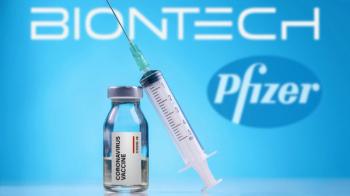
Pfizer-BioNTech asked the FDA for Emergency Use Authorization to administer its COVID-19 vaccine to children 6 months-5 years of age, despite evidence that 2 vaccine doses may not be enough to elicit the desired immune response.
Nina Cosdon is the associate editor for Contagion. Before joining MJH Life Sciences, she graduated magna cum laude from Denison University in 2021 with a degree in Communication. You can find her reading, hiking, or antiquing, or by emailing her at ncosdon@mjhlifesciences.com.

Pfizer-BioNTech asked the FDA for Emergency Use Authorization to administer its COVID-19 vaccine to children 6 months-5 years of age, despite evidence that 2 vaccine doses may not be enough to elicit the desired immune response.

Veru inc. received FDA Fast Track designation for the phase 3 trial oral sabizabulin, a treatment for hospitalized COVID-19 patients at high risk of acute respiratory distress syndrome (ARDS) or death.

The FDA label expansion means adults living with HIV can now receive an injection of cabotegravir and rilpivirine (Cabenuva) once every 2 months instead of once monthly.
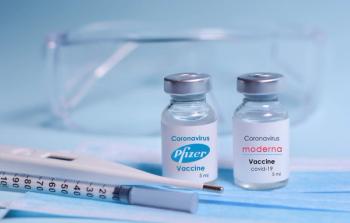
Moderna recipients were less likely to experience COVID-19 breakthrough infections and hospitalizations than the Pfizer-BioNTech group.
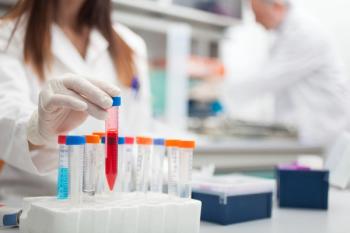
The first study to use optical genome mapping to assess severely ill COVID-19 patients identified 7 key structural variants.

Before children were authorized to receive the Pfizer-BioNTech vaccine, living with 1-2 fully vaccinated parents significantly reduced children’s risk of COVID-19 infection during the Alpha and Delta periods.

In this first episode of Contagion Community, we interview vaccine research scientist Dr. Leonard Friedland about vaccination disparities in the US and around the world.
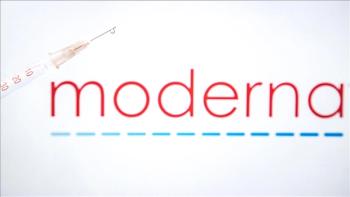
The first doses of Moderna and IAVI’s mRNA HIV vaccine have been administered in the phase 1 IAVI G002 clinical trial.

BA.2, Omicron’s “cousin” variant, has been detected in the US. It initially appears to be more contagious, but not more dangerous.

The FDA cited monoclonal antibodies as being less effective against the Omicron variant in their decision to rescind their earlier approval of the COVID-19 treatment.
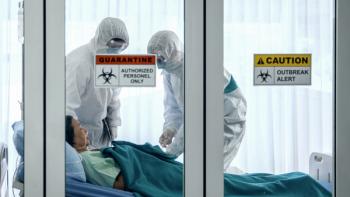
Nearly 75% of COVID-19 patients admitted to the ICU were symptomatic 1 year later, most commonly reporting weakened condition and musculoskeletal problems.
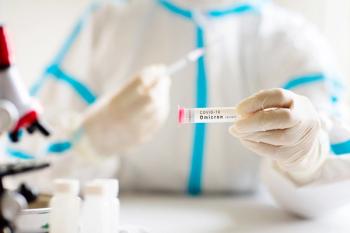
Omicron is less effective at antagonizing host cell interferon response, explaining why it causes less severe disease than prior COVID-19 variants.

Gilead’s remdesivir was granted expanded FDA approval to treat non-hospitalized adult and adolescent patients at high risk of severe or fatal COVID-19 disease progression.
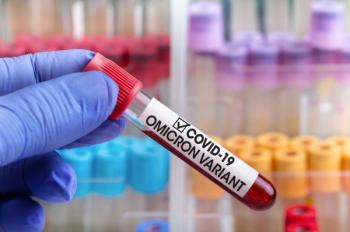
A third dose of the Pfizer-BioNTech or AstraZeneca mRNA COVID-19 vaccines produced sufficient neutralizing antibody titers against the Omicron variant.
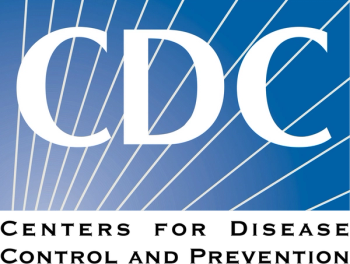
The CDC reported that post-infection immunity paired with COVID-19 vaccination was very protective against the Delta variant.
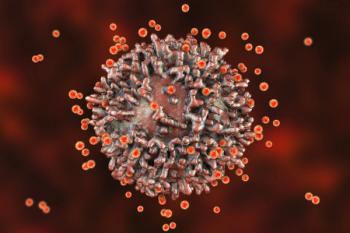
“Memory” CD4+ and CD8+ T cells may explain why Omicron causes less severe disease than previous COVID-19 variants.
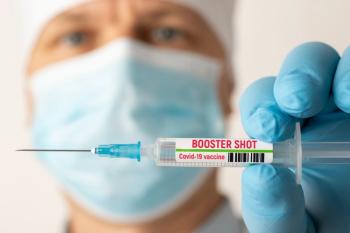
An Israeli study is the first to administer 4 COVID-19 shots, but the boosted antibodies may still not be enough to prevent Omicron breakthrough infections.
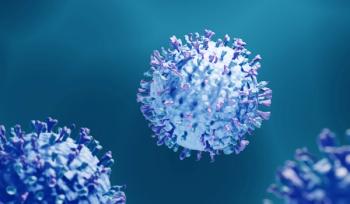
Eliminating the NS2 viral protein of Respiratory Syncytial Virus (RSV) helps the body to destroy the virus before it causes severe inflammation.

People who vape with e-cigarettes and contract COVID-19 are significantly more likely to experience symptoms.

Telemedicine, virtual health consultations, may help increase access to care among under-resourced demographics during the COVID-19 pandemic.

Even if they did not experience severe symptoms, unvaccinated people who contract COVID-19 while pregnant are more likely to have poor birth outcomes.
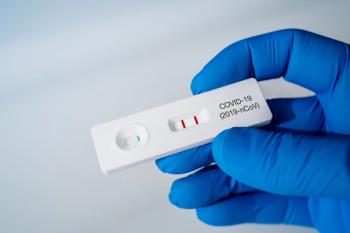
Over 1 in 10 people may harbor infectious and transmissible COVID-19 virus after the recommended 10-day quarantine period.

COVID-19-infected people experiencing incarceration or homelessness in the US had higher rates of hospitalization and readmission than the general population.

Pfizer reports positive top-line results from a phase 3 study that simultaneously administered Prevnar 20 and its COVID-19 vaccine in older adults.

Investigators used an updated “kick and kill” strategy to expose and eliminate dormant infected cells in HIV-positive mice.

A model simulated the efficacy of the US’s COVID-19 vaccine rollout, measuring its correlation with reduced hospitalizations and deaths.
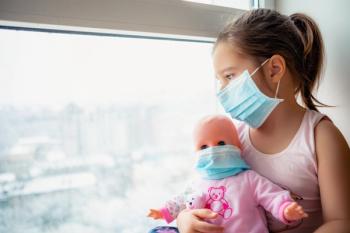
A study of children positive for COVID-19 found the overall risk of developing severe disease to be low, but risk factors included age, underlying chronic illness, and symptom duration.
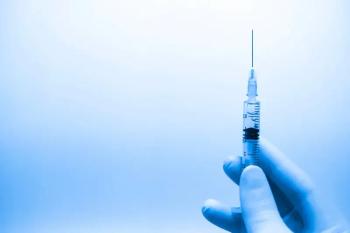
Heterologous vaccine intervention (HVI), receiving immune-boosting vaccinations other than a COVID-19 shot, may alleviate COVID-19 case burdens.
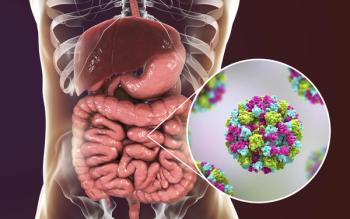
Rising sea temperatures cause Vibrio species, bacteria linked to gastroenteritis, to be identified for the first time in UK waters.
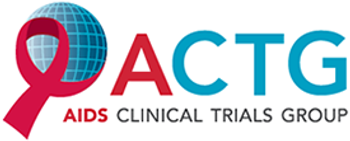
The AIDS Clinical Trials Group (ACTG) is beginning stage 2 trials for Triplex, a novel vaccine for people living with HIV and cytomegalovirus (CMV).